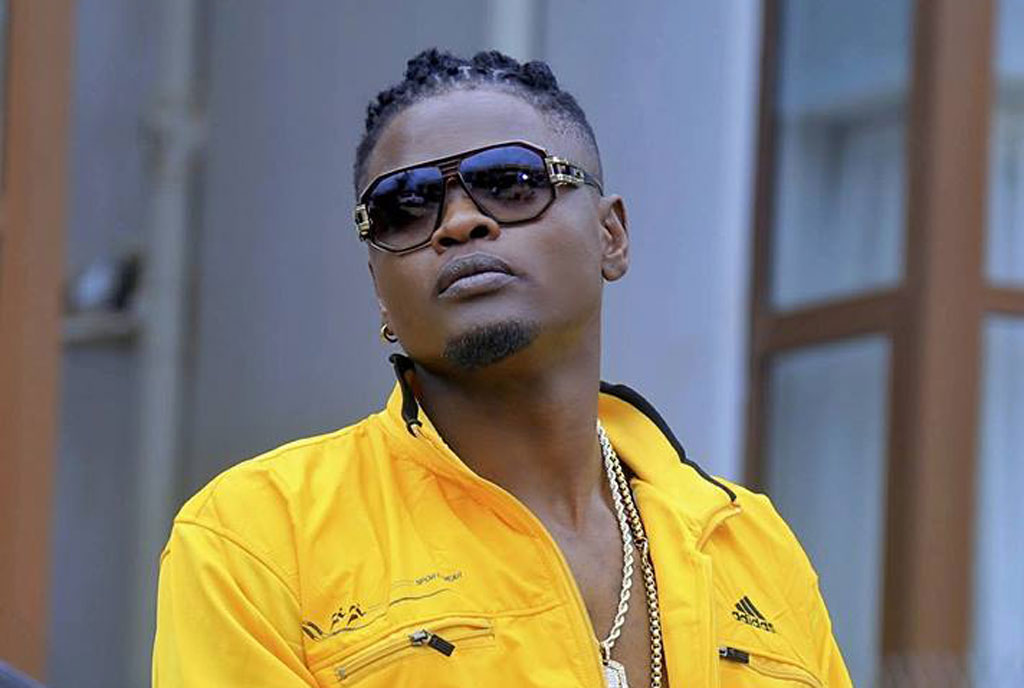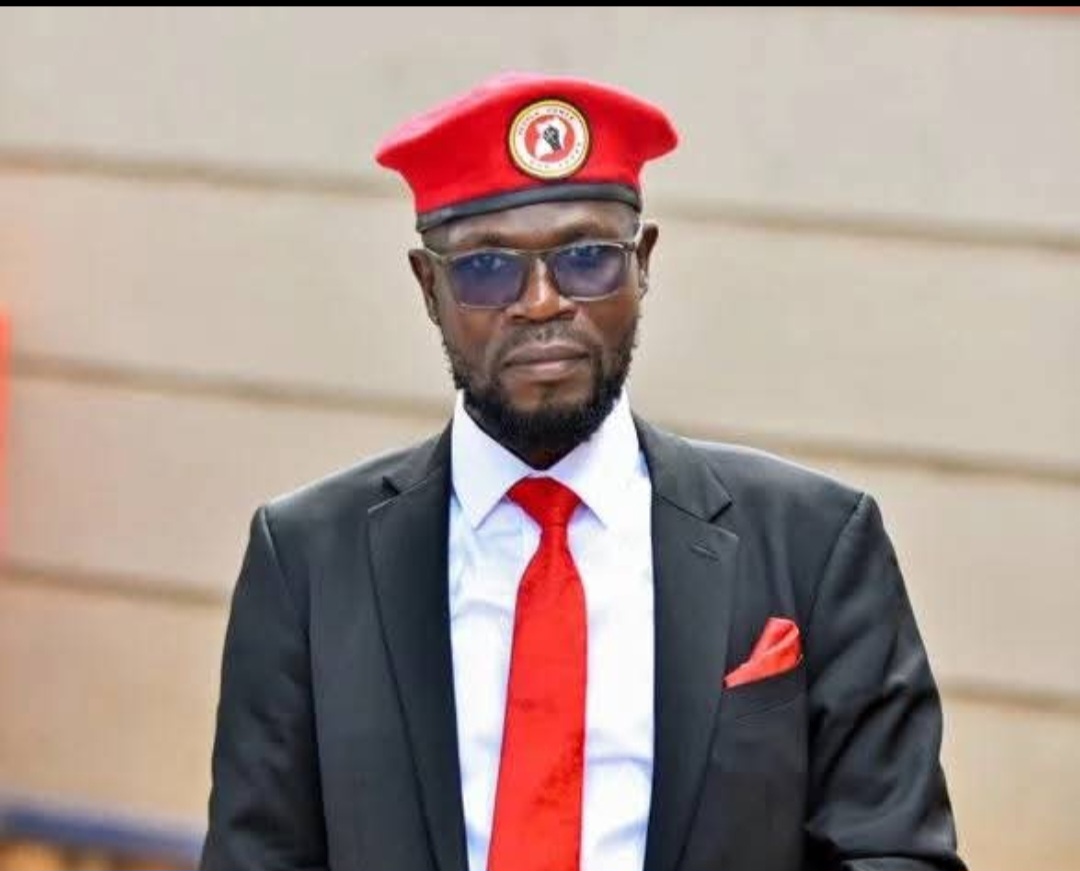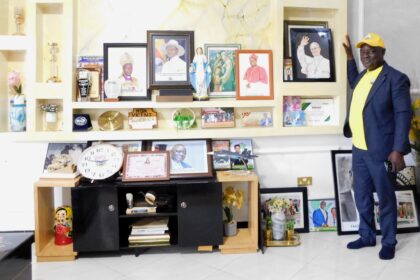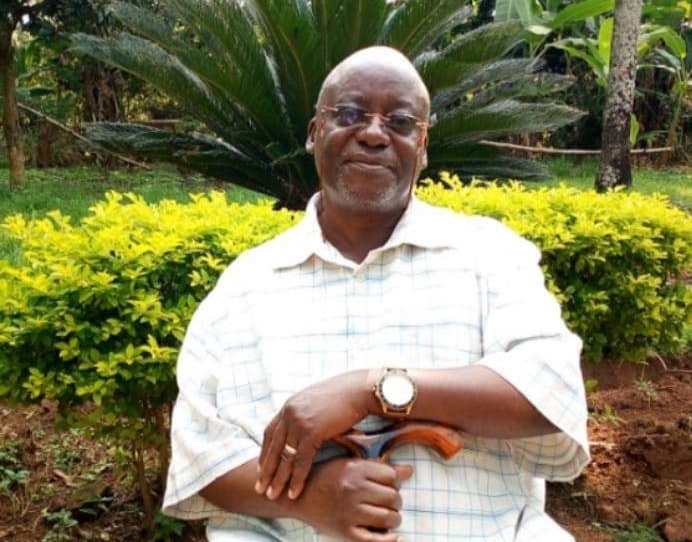Tensions have surfaced between prominent Ugandan musicians Jose Chameleone and his younger brother Pallaso, sparked by comments from author Joan Vumilia regarding the National Unity Platform (NUP) and political allegiances. Joan Vumilia recently stated that NUP does not need any support from Jose Chameleone, Lubega Medard Ssegona, or any other MPs she referred to as “dictators,” accusing them of seeking fame and votes from NUP supporters. She urged that respect should be given to the National Unity Platform as a political movement.
In response, Jose Chameleone dismissed Vumilia’s comments, stating, “I don’t care about your comments or your NUP comments, I work for money not change.” He further remarked, “So write your silly books as I get money,” signaling his disinterest in political debates and his focus on his career. Adding fuel to the fire, Pallaso publicly addressed his brother’s position, saying, “Aunt Joan, you’re right, meaning Joan Vumilia. My brother Jose Chameleone chose the wrong side, and me, I want change.” He accused Chameleone of being used by the ruling National Resistance Movement (NRM) despite his legendary status in Uganda’s music scene. Pallaso referenced the recent gift of an NRM bus to Jose Chameleone and questioned the musician’s political allegiance.
Pallaso’s remarks highlight a growing divide not only in Uganda’s political scene but within families and the entertainment industry, where musicians face pressure to align with political parties. “Uganda sees you as a legend, but me, I’m your brother. We can sit and discuss,” Pallaso added, calling for dialogue between the siblings. This unfolding disagreement sheds light on the complex relationship between artists and politics in Uganda, where public figures often find themselves caught between personal beliefs, political expectations, and public scrutiny. Jose Chameleone’s alignment with NRM contrasts with Pallaso’s vocal support for political change and opposition movements.
Meanwhile, Joan Vumilia’s critique of political figures and musicians involved in politics adds another layer to ongoing debates about loyalty, activism, and the role of public personalities in shaping Uganda’s political future. As Uganda prepares for upcoming elections, the clash between these influential voices exemplifies the broader national tensions regarding political affiliations and the involvement of cultural icons in political discourse.
Do you have a story in your community or an opinion to share with us: Email us at Submit an Article








